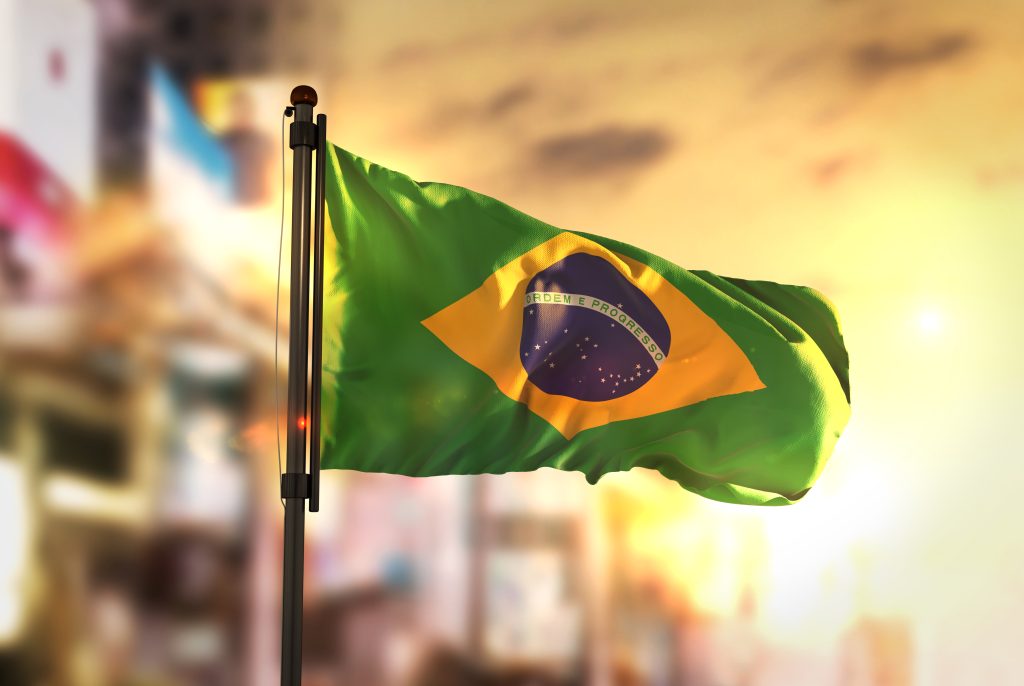Brazil’s Supreme Court investigates Elon Musk
The judge is investigating fake news and an alleged coup attempt, while Musk accused the judge of betraying the constitution.

A dispute between Elon Musk and authorities in Brazil intensified over the weekend as a Supreme Court judge initiated an inquiry into the billionaire’s actions regarding social media accounts. Musk, known for owning platform X (formerly Twitter) and advocating for free speech, contested Justice Alexandre de Moraes’s decision to block specific accounts, citing their alleged unconstitutionality. Despite the lack of disclosure regarding the targeted accounts, Musk declared X’s intention to lift all restrictions, urging Moraes to step down.
Justice Moraes, investigating digital misinformation and an alleged coup attempt during former President Jair Bolsonaro’s tenure, responded by including Musk in the probe and accusing him of obstructing justice. In a public statement, Moraes emphasised the court’s orders and threatened fines against X if it failed to comply. Musk, in turn, vowed to challenge the order legally, asserting principles over profit and highlighting what he perceives as judicial overreach.
The clash has drawn political attention, with President Luiz Inacio Lula da Silva’s government supporting Justice Moraes and condemning Musk’s defiance. Solicitor General Jorge Messias criticised Musk’s actions, advocating for regulations to prevent foreign platforms from disregarding Brazilian laws. This echoes previous regulatory efforts, such as Moraes’s investigation into executives at Telegram and Alphabet last year regarding internet regulation legislation.
Why does it matter?
The standoff underscores broader tensions surrounding online speech, governmental authority, and the role of tech giants in shaping public discourse. As the dispute unfolds, it raises questions about the balance between free expression and regulatory oversight in the digital age, with implications for Brazil’s legal landscape and the global tech industry.

